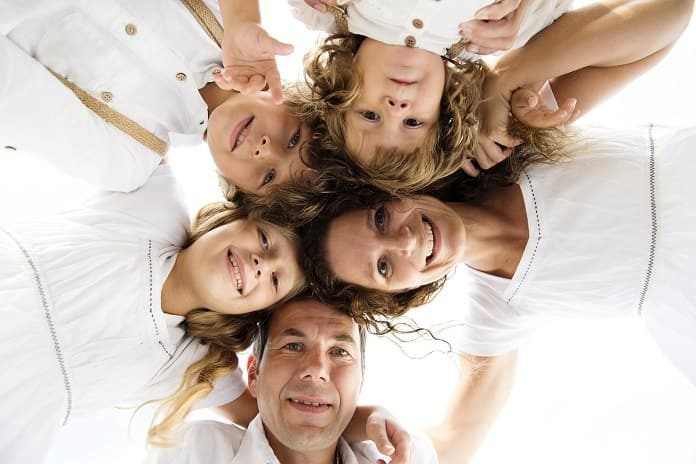Cancer risk is impacted by the environment, including family environment. Research is now predicting that family size can reduce its risk.
For as long as humans have existed, we have adopted a family structure of two parents and their offspring. Co-parenting and shared household living promotes safety, growth, and learning. Children of large immediate and extended families can gain a sense of connection and identity within society. There are many benefits to increased family sizes, including medical benefits. Previous studies have shown that a greater number of pregnancies can reduce female cancer risk. This includes ovarian, breast, and cervical cancers.
Mental wellness from family environments may reduce cancer risk
The mental wellness gained from family environments has also been predicted to reduce cancer risk. In a global study conducted by the University of Zurich and the Adelaide Medical School in Australia, families from 178 countries were analyzed for cancer development.
The researchers, who published their work in BMC Cancer this year, wanted to examine if family and household size was related to reduced cancer risk. Males and females aged 49 years or younger were assessed for bladder, brain, breast, skin, lung, stomach, ovarian-colorectal, and ovarian-cervical cancers. They obtained their data from a project run by the World Health Organization. The researchers also considered social and economic factors.
The study revealed that there was a reduced cancer risk in patients with larger families. This was true for males and females in developed countries, at any age before 49. Household size, which can be different from family size, also had this impact on cancer incidence. In developing countries, this link differed only in females; not every age held true to this correlation. Further, this relationship was stronger in men than women overall.
Pregnancy has protective effects against cancers
This last point is noteworthy due to prior knowledge of the protective effects of pregnancy and birth on a woman’s risk for female-specific cancers. It seems that this protection is stronger in non-reproductive cancer types in males. Males, therefore, may have reduced cancer risk based on their female partner’s fertility.
The data, being based on observation only, limits how objective it is. The researchers can form only correlations, not causations, between family size and cancer risk. What’s more, the global population diversity presents a challenge in accounting for all the factors that affect cancer risk—it is nearly impossible to do so.
Overall, this study reveals the value behind co-parenting, family growth, and large households. The social and emotional support gained by familial settings leaves a positive, lasting impact on our psychology and, now, our physical health.
Written by Amrita Jaiprakash, MSc
Reference: You et al. Greater family size is associated with less cancer risk: an ecological analysis of 178 countries. BMC Cancer. 2018;18:924. doi: 10.1186/s12885-018-4837-0.



